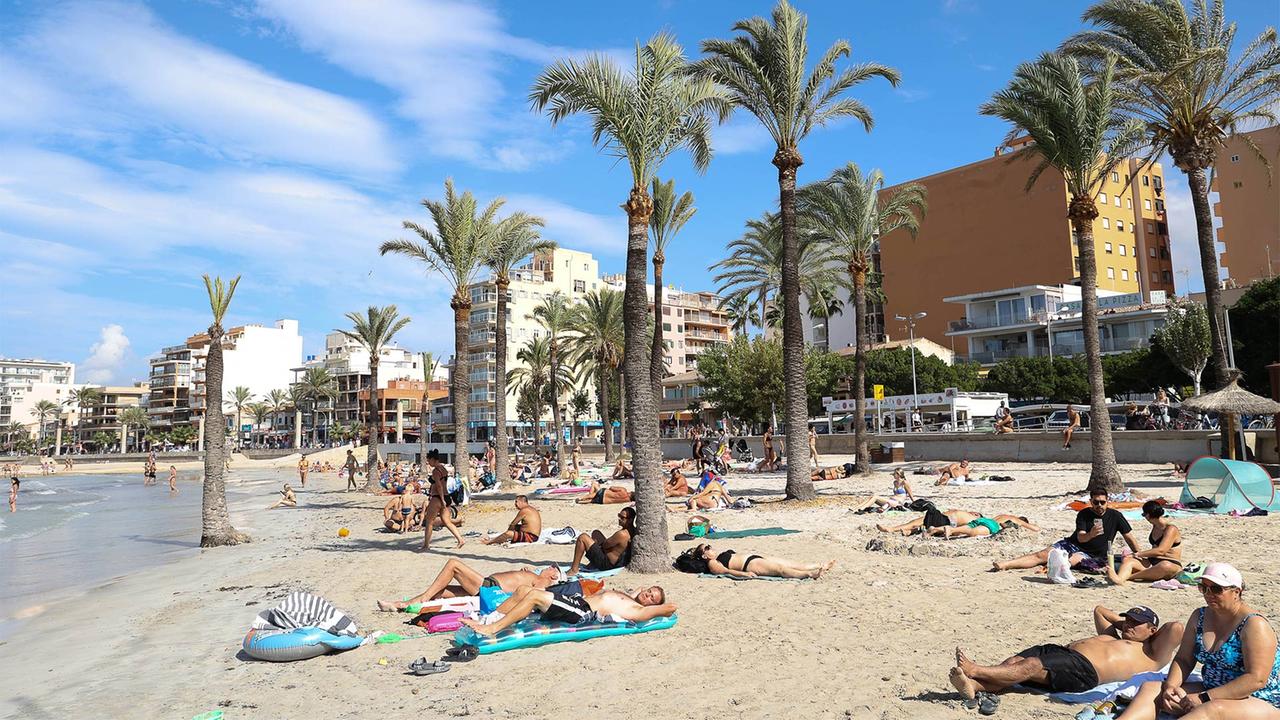Germans are on summer vacation. Many people are traveling – and have to pay more for flights, hotels and travel than last year. Why is that? And is the industry really making a big profit?
People's desire to travel is undiminished. Despite economic worries, because many people's personal budgets are tight due to inflation, and despite rising travel prices everywhere. Take Italy, for example. There is a real price explosion – and yet the number of tourists is increasing.
This raises the suspicion that the tourism industry is currently making a fortune. But that doesn't apply to everyone, you have to differentiate, says fund manager Michael Gierse of Union Investment. “Hotels are making a fortune, but airlines are struggling with a lot of problems. There are delivery problems with major aircraft manufacturers. For one thing, Airbus, whose supply chain is not yet on the right track. Or Boeing, who are having problems with the quality of aircraft production.”
Inflation remains a problem
And: Like customers, airlines are also suffering from inflation – their costs have risen significantly. Take Ryanair, for example: This week, the airline gave an insight into its finances at the start of the financial year. Ryanair has to bear 25 percent higher personnel costs, says fund manager Gierse – and the airline is trying to pass this on to customers: “However, you can also see that we have probably reached a peak here and passengers are no longer willing to pay any price.”
Ryanair is already noticing it – the budget airline has to offer discounts to get rid of tickets. The same story is happening at Lufthansa – after two boom years with ever-new record prices for tickets, things are going downhill. And both airlines are complaining about how difficult the situation is at the moment. But from the perspective of holidaymakers, that doesn't mean that travel will now be cheaper again.
Wage costs have also increased
Because like the airlines, everyone else – hotels, for example – is struggling with higher costs, especially higher wage costs. This affects many service sectors, says economist Jasmin Gröschl from the credit insurer Allianz Trade: “Further wage increases are to be expected, and that means that prices could probably rise further for the first time this year and possibly next year as well.”
Such forecasts make people with less money worry that they may soon no longer be able to afford to travel. However, Jasmin Gröschl can reassure them a little: “We see that a lot is happening in the low-budget sector – there is this dichotomy where you can see that society cannot always afford everything. But educational trips that are a little more budget-friendly are also back in fashion.”
In general, consumers also have pricing power, even in the low-budget sector. If it gets too expensive, holidaymakers simply stay away. Croatia, once a cheap holiday destination, has already experienced this.
Bettina Seidl, HR, tagesschau, 25.07.2024 11:52 a.m.




